Search
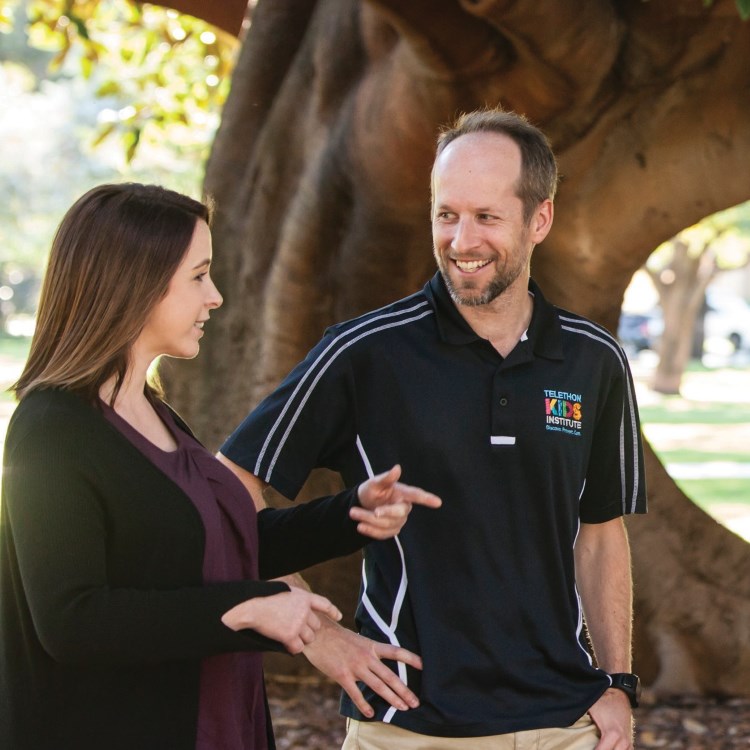
News & Events
Data goldmines yield priceless breakthroughsChild health and development researchers are increasingly turning to Western Australia's extensive population datasets for their ground-breaking work.
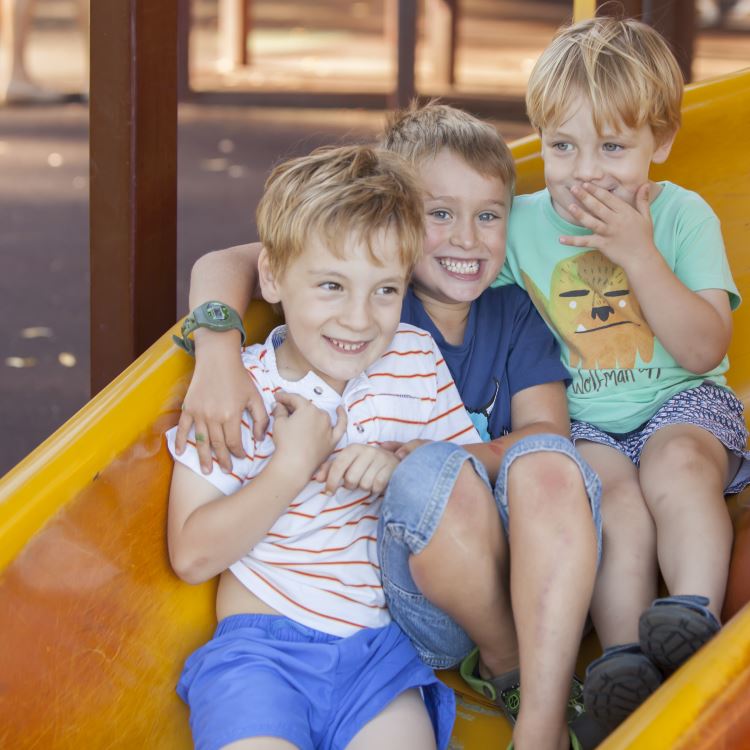
News & Events
Kids who attend playgroup do better at schoolNew research by The Kids Research Institute Australia has found children who attend playgroups achieve better early primary school outcomes.
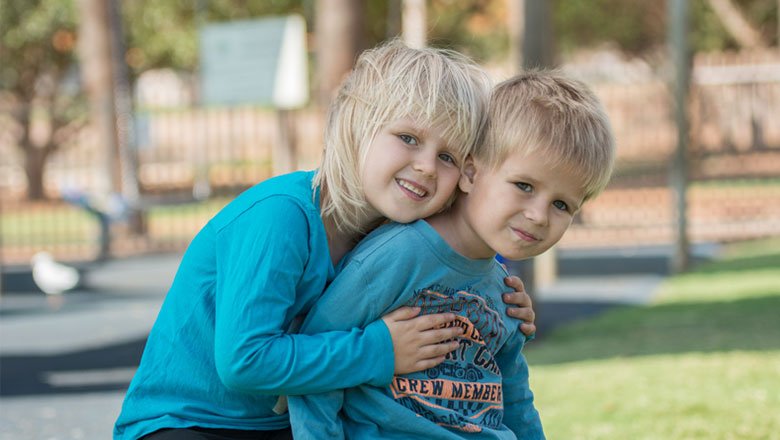
News & Events
Child development census shows most kids are on trackThe national report released today from the Australian Early Development Census (AEDC) shows that in 2015, most children in Australia were on track.
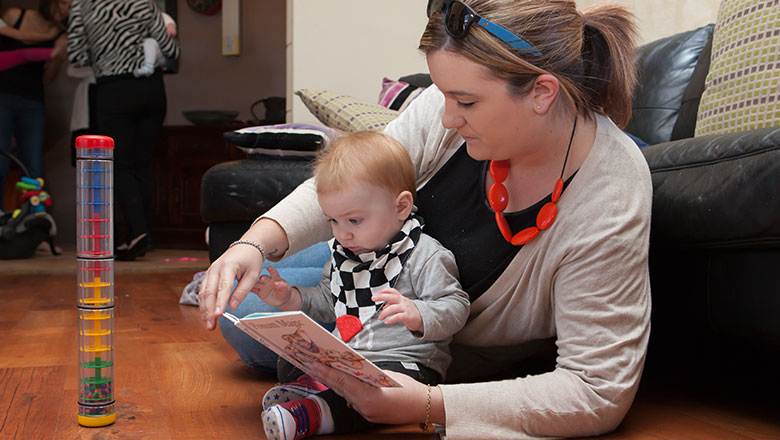
News & Events
Building the best communities for early child developmentThe Kids Research Institute Australia's Australian Early Development Census has become the world's first proven and reliable measure of early childhood development.

News & Events
The Kids Research Institute Australia researchers share in State Government science grantsFour The Kids Research Institute Australia researchers are among those who have received funding in the WA State Government's Merit Award Program announced today.
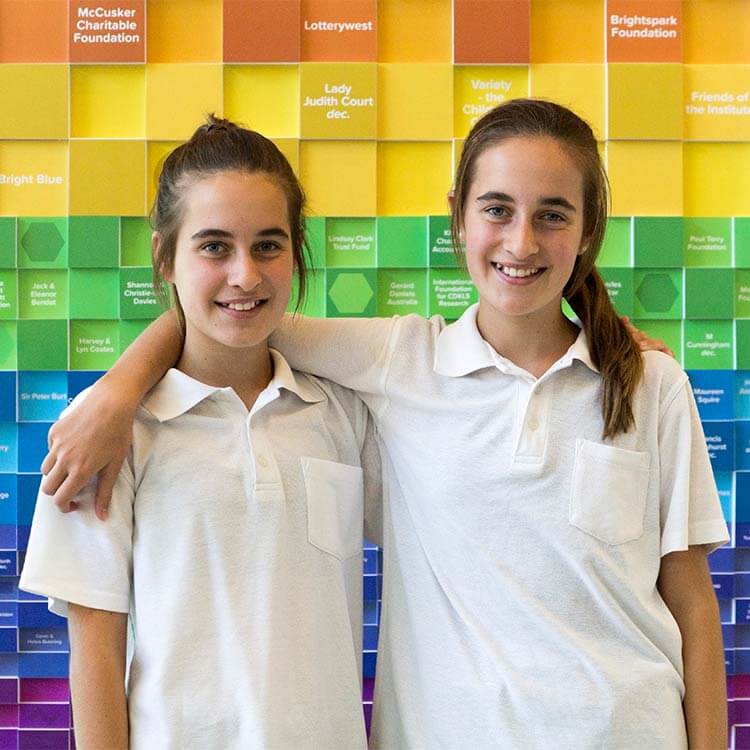
News & Events
Twins talk half as much at twoA world first study of language development in toddler twins confirms the widely held belief that twins start to talk later than single-born children.
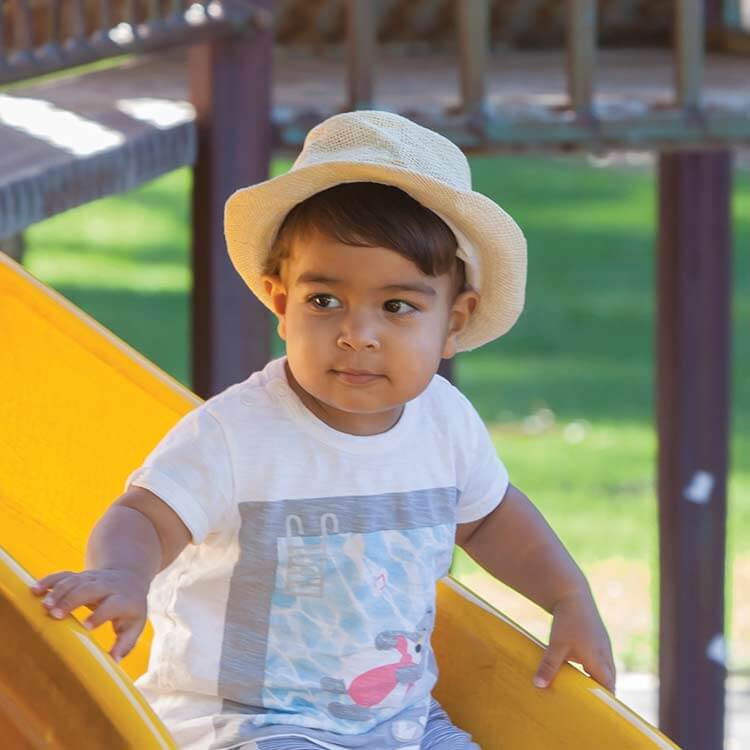
News & Events
Overprotective Parenting and Childhood Obesity Linked in Study FirstNew research from The Kids Research Institute Australia has revealed, for the first time, a link between childhood obesity and higher levels of protective parenting.
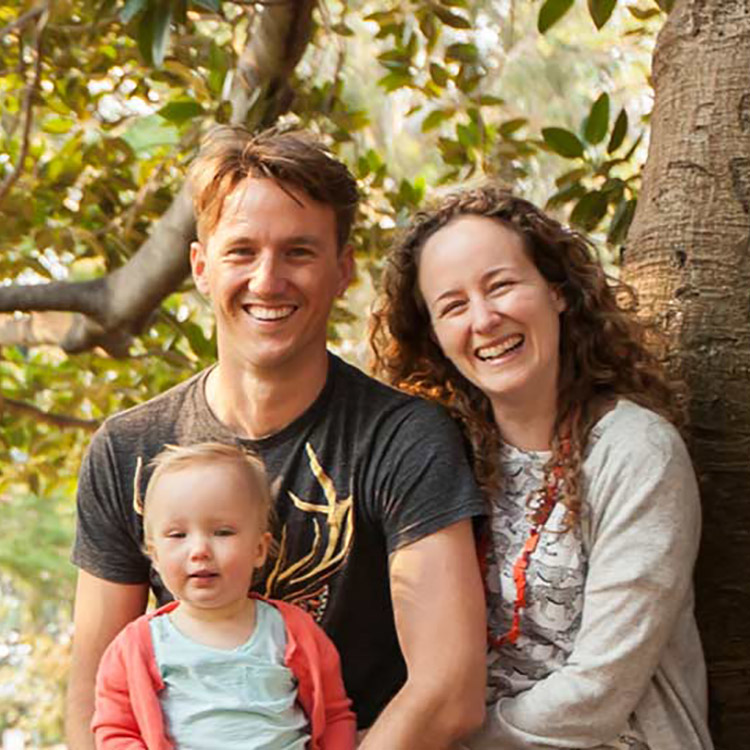
News & Events
Language Study Reveals Need for Long Term MonitoringA new study looking at the receptive language development of young children has highlighted the need to monitor kids over time to ensure they don't fall behind.

News & Events
New evidence on the importance of birth spacingResearch from The Kids Research Institute Australia shows that a short time interval between pregnancies may be less of a risk factor for preterm birth and low birth weight
News & Events
New study to track development in the middle childhood yearsResearchers from the Telethon Institute have been awarded an ARC Linkage Grant to develop a measurement of the middle childhood years of Australian children.
